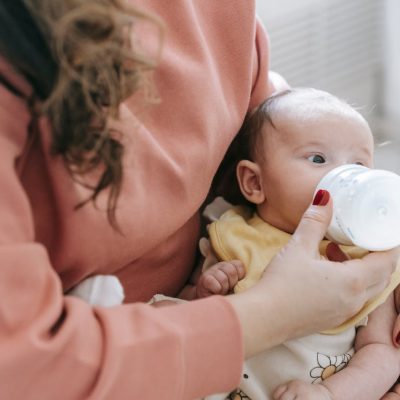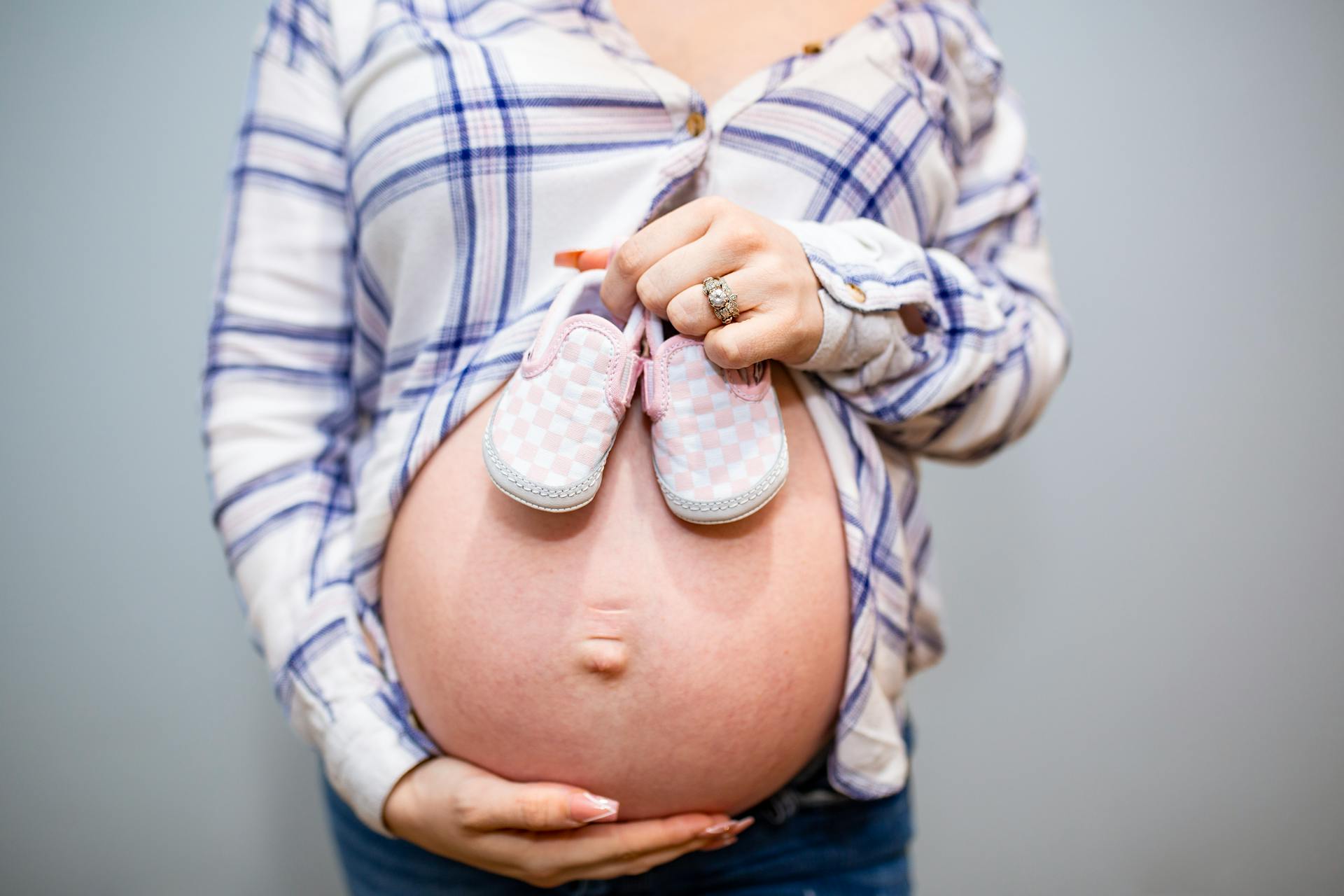Pregnancy can bring about many questions and concerns, especially during the first trimester when the risk of miscarriage is highest. One question that often comes up, especially for first-time parents, is whether sexual activity—or more specifically, orgasm—can cause a miscarriage in the first trimester. It’s a valid concern, and in this article, we’re going to explore the facts, bust some myths, and provide real, up-to-date information to help you feel informed and reassured.
Understanding Miscarriage in the First Trimester
A miscarriage is the spontaneous loss of a pregnancy before 20 weeks, with the first trimester (weeks 1 to 13) being the most common period for this to occur. According to the American College of Obstetricians and Gynecologists (ACOG), about 10% to 20% of known pregnancies end in miscarriage, and most of these occur within the first 12 weeks.
Common Causes of First Trimester Miscarriage
- Chromosomal abnormalities
- Hormonal imbalances
- Uterine abnormalities
- Infections
- Chronic health conditions (e.g., diabetes, thyroid issues)
- Lifestyle factors like smoking, excessive alcohol, or drug use
Nowhere on that list do you see sexual activity or orgasm.
Can Orgasm Cause Miscarriage?
The short and scientifically backed answer is no—in a healthy, low-risk pregnancy, having an orgasm does not cause miscarriage.
What Happens During Orgasm in Pregnancy?
Orgasms cause uterine contractions, which can sometimes feel like mild cramping. While that might seem alarming, it’s completely normal. These contractions are different from labor contractions and generally pose no risk to your developing baby. During pregnancy, the baby is safely cushioned in the amniotic sac, and your cervix is closed tight, protecting your baby from outside influences.
Why the Myth Persists
The myth that orgasm can cause miscarriage in the first trimester often comes from misinformation or misunderstandings. Because miscarriage is sadly common in early pregnancy, people often try to look for reasons why it happened. If sex occurred shortly before a miscarriage, it’s easy to assume a connection. However, correlation does not mean causation.
What Experts Say
Organizations like ACOG and the Mayo Clinic confirm that sex and orgasm during a normal, uncomplicated pregnancy are safe. Most OB-GYNs even encourage continued intimacy during pregnancy, as it can be emotionally beneficial.
When to Be Cautious
While sex and orgasm are generally safe, there are certain situations where your healthcare provider might recommend avoiding them:
- You have a history of recurrent miscarriage
- You are experiencing vaginal bleeding or cramping
- You have a short or incompetent cervix
- You are carrying multiples (twins, triplets, etc.)
- You’ve been diagnosed with placenta previa or other complications
Always consult your doctor if you’re unsure about your individual case.
Emotional and Psychological Benefits of Sexual Intimacy During Pregnancy
Maintaining physical intimacy can be a great way to bond with your partner during pregnancy. It can reduce stress, improve sleep, and enhance overall mood. For many couples, this is an important part of staying connected throughout the many physical and emotional changes that pregnancy brings.
What If You’re Still Worried?
It’s completely normal to feel anxious during pregnancy. If the thought of sex or orgasm makes you nervous, talk to your healthcare provider for personalized guidance. They can reassure you based on your specific health and pregnancy history.
You can also opt for alternative forms of intimacy that make you feel safe and connected—things like cuddling, massage, or simply spending quality time together.
Signs to Watch After Sex During Pregnancy
While post-orgasm cramps are normal and typically go away quickly, there are a few signs that warrant a call to your healthcare provider:
- Heavy vaginal bleeding
- Severe or prolonged cramping
- Unusual discharge or odor
- Pain during or after intercourse
These symptoms don’t necessarily mean something is wrong, but it’s always better to get checked out.
What Science and Research Say
Multiple studies have confirmed that sexual activity—including orgasm—does not increase the risk of miscarriage in the first trimester. A study published in the journal Obstetrics & Gynecology found no link between sexual activity and miscarriage. Another review in the American Journal of Obstetrics and Gynecology echoed these findings, especially for pregnancies without complications.
Myths vs. Facts: Clearing the Confusion
| Myth | Fact |
|---|---|
| Orgasm can shake the baby | The baby is cushioned in the womb and is not affected by orgasm |
| Sex causes miscarriage | There is no scientific evidence supporting this claim |
| Cramping after orgasm is dangerous | Light cramping is common and generally harmless |
| You must avoid sex in the first trimester | Sex is safe in most healthy pregnancies |
Supporting a Healthy Pregnancy
If you’re concerned about miscarriage in the first trimester, there are proactive steps you can take to support a healthy pregnancy:
- Take prenatal vitamins
- Attend all prenatal checkups
- Avoid smoking, alcohol, and illicit drugs
- Manage stress and get plenty of rest
- Eat a balanced diet rich in folic acid and iron
- Exercise moderately unless advised otherwise
Talk to Your Doctor
Every pregnancy is different. If you have any concerns, don’t hesitate to reach out to your OB-GYN. They’re your best source for guidance tailored to your unique situation. You deserve peace of mind, and that starts with open communication and trustworthy information.
Conclusion
So, does orgasm cause miscarriage in the first trimester? The evidence says no. For most healthy pregnancies, sexual activity and orgasm are perfectly safe. It’s time we let go of the myths and embrace science-backed knowledge. Of course, every pregnancy is different, so always listen to your body and consult your doctor if you have concerns. A calm, informed pregnancy is a healthier one—for both you and your baby.
FAQs
1. Can having sex during early pregnancy cause a miscarriage?
No, sex during early pregnancy does not cause miscarriage in a healthy pregnancy.
2. Why do I feel cramps after orgasm while pregnant?
Mild cramps are due to uterine contractions and are usually harmless.
3. When should I avoid orgasm during pregnancy?
Avoid if your doctor has advised pelvic rest due to complications or high-risk pregnancy.
4. Is it safe to orgasm if I’m spotting?
If you’re spotting, speak to your doctor before engaging in sexual activity.
5. Can orgasm trigger labor?
Later in pregnancy, orgasms may cause mild contractions, but they don’t trigger labor in healthy pregnancies.
















